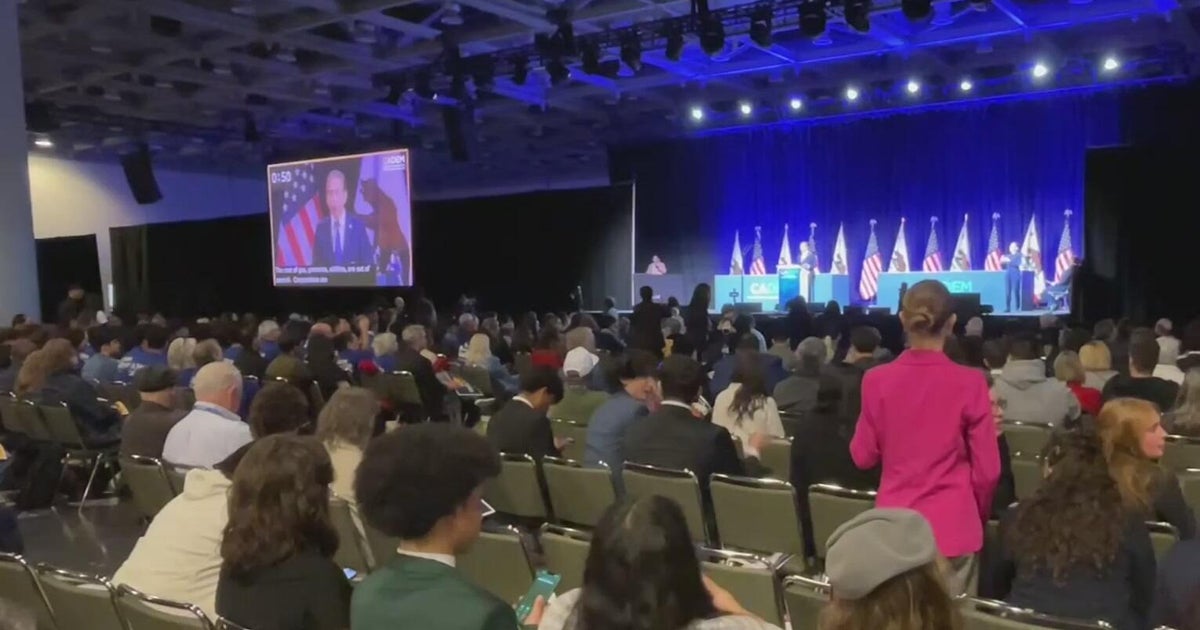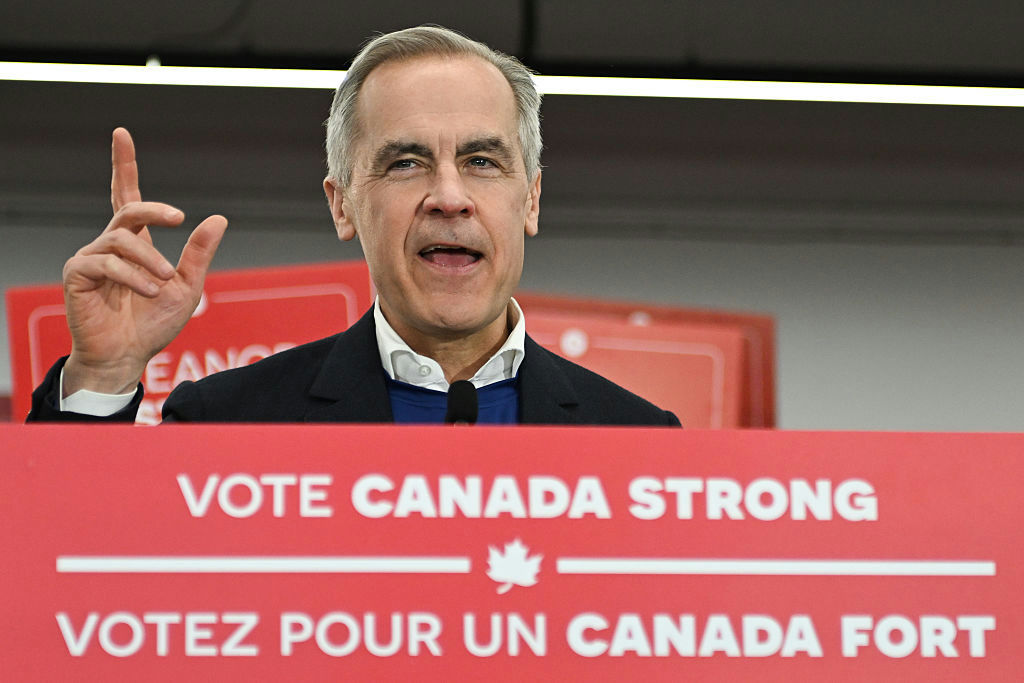UK election result leaves Theresa May without Parliament majority, grasping for coalition
LONDON -- Having lost her Conservative Party its majority in the British Parliament with a self-inflicted election battering, Prime Minister Theresa May is seeking partnership with a smaller party to form a coalition government.
As CBS News' Mark Philips noted this morning, it may be confusing to many that an election victory -- which May's Conservatives won, as the largest party, should be viewed so resoundingly as a defeat for the Prime Minister.
But British parliamentary elections are a very different beast from U.S. elections. The result left May's party just short of a majority, and hence unable to govern on its own, as it had been doing and as it could have continued to do had she never called the election in the first place.
Here's a brief explanation of how the U.K.'s system works, and why May's win, was really a loss.
How does the U.K. government work?
Much like Congress, the British Parliament is formed of two houses; the House of Commons, which is 650 directly elected lawmakers from around the country, and the upper house, the House of Lords, made up of about 800 members.
Unlike the Senate, however, members of the House of Lords are not elected to that chamber and wield less direct power. Their role in governance is less direct and far less visible to the public. For the purposes of the election this week, this explanation will not go into detail on the Lords, Ladies and Peers' role, but more information is available here.
Like all general elections in the U.K., Thursday's vote put all 650 seats in the House of Commons up for grabs. These 650 individuals essentially play the role of what Americans would see as the entire U.S. Congress -- both the House and Senate. They debate -- and approve -- laws, including the policies of the government, but we'll get to that in a second.
General elections in the U.K. must be held at least every five years, however, unlike in the U.S., Britain's constitutional law (there is no single constitution document) allows for elections before the five-year mark if a two-thirds majority of Parliament votes in favor of holding them.
May calls a general election
May requested a general election in April, at the time when her party was ruling by a slim majority, and when she was personally riding a 20-point lead in opinion polls, and eager to solidify her party's control of the House of Commons. Parliament granted her wish and it was scheduled for Thursday, June 8.
On Friday, June 9, she was almost certainly regretting her gamble. Many of the 650 seats in the House of Commons were retained by their previous occupants, but dozens of seats swung, mostly Conservative seats which went to the rival Labour Party.
In the end, May's decision robbed the Conservatives, or "Tories" as they're often called, of their comfortable 330-seat majority. On Friday, with just one seat still undeclared, the Tories had just 318 seats in the Commons.
What does 'forming a government' mean?
Any party with a 326-seat majority in the House of Commons has the right to form a government on its own. The party elects its own leader internally, and that person becomes the Prime Minister, who in turn choses their Cabinet to head all major government agencies, including a Defense Minister, Home Secretary, Foreign Minister, etc.
So, Britons do not elect a leader, or Prime Minister, they elect only local representatives to serve in Parliament and, if a party has a clear majority, it can form a government.
The government can propose legislation and try to steer the country in any direction it likes, but it must always do so with the approval of the wider Parliament. Without holding a majority of the seats in the House of Commons, that can be a difficult proposition.
If no party wins a 326-seat majority in a general election, Britain is left with a "hung Parliament," as was the case on Friday morning, with no party able to claim the right to form a government on its own.
Again according to custom, the party with the most seats will generally try to cobble together a partnership with another party, striking whatever bargains it takes to gain the necessary seats in the House of Commons to ensure that it can enact its policies. If a deal is struck, a coalition government is born.
But these political unions are often fractious, as no two parties share all the same objectives.
If May does manage to convince another party to form a coalition government with the Tories, that partnership may come with demands to push the other party's own agenda. Deals will often be struck giving smaller parties Cabinet seats. Coalition governments are, by default, far less stable than majority governments.
If the Tories fail to build a coalition, it will be up to the other parties (the Labour Party has the second-most seats as of Friday with 261) to try their hand at teaming-up to reach the 326-vote threshold.
If, within 14 days after the election, no viable coalition emerges to form a government, another election would have to be held.



